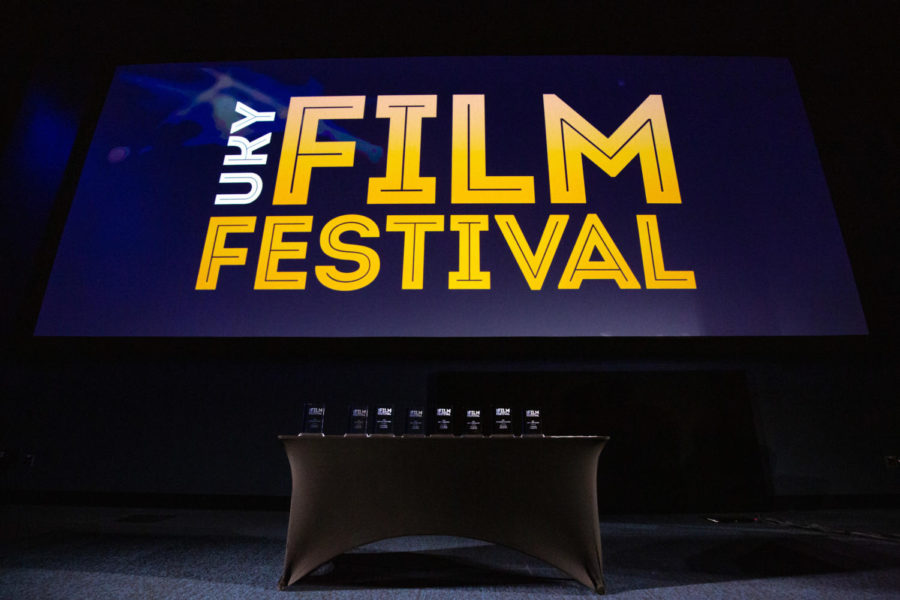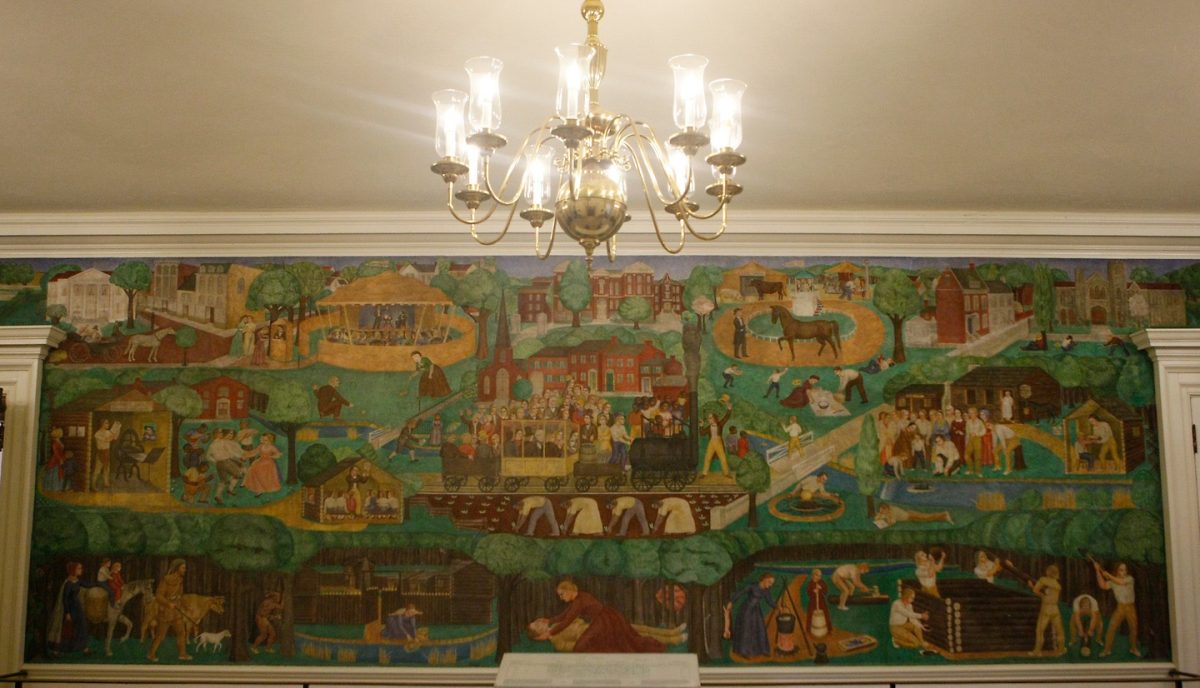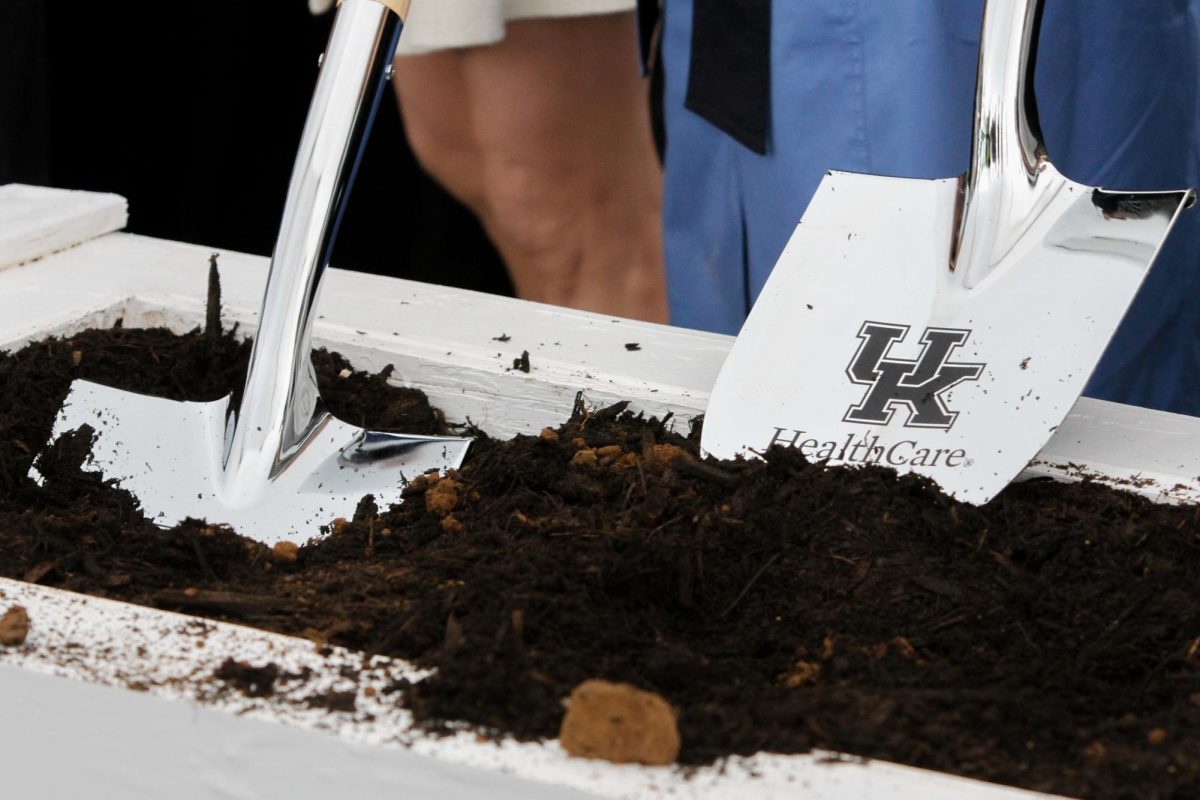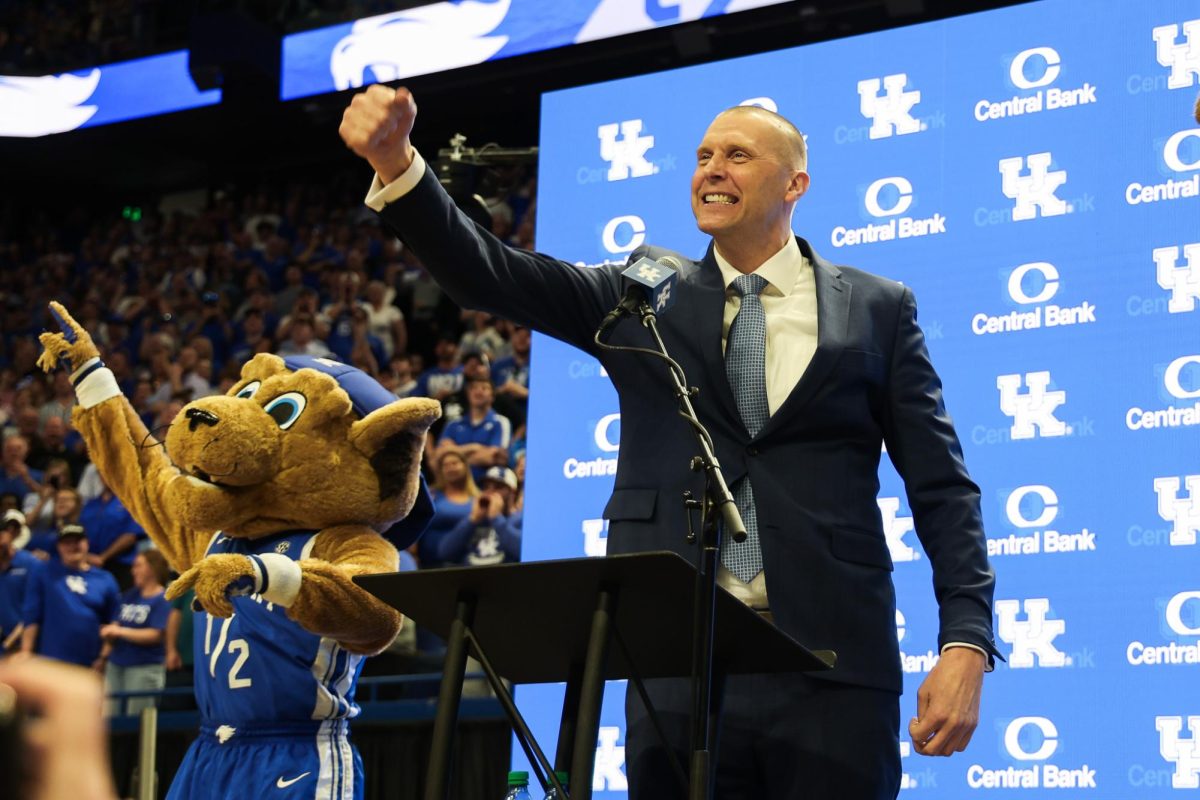Lessons, self identity can be discovered in Mother Nature
January 19, 2009
Column by Nate Kremer
A crisp mountain air stings my lungs as I tread onward up the trail, ignoring for the moment the burn of my thighs, which are currently pleading with my brain to chill out. The bead of sweat dripping down the length of my brow slows to a crawl, pausing at the tip of my nose before gravity’s pervading hand pulls it to the ground, leaving just enough time for it to receive the chill of the October air and send shivers down my spine.
I have come to rest at the edge of a cliff, jetting out across a sea of endless trees, whose leaves are beginning to lose their chloroform in the incessant turn of seasonal life, much to my eye’s enjoyment.
The sun is now burning low in the west, emblazoning a glow over this spectacle of nature, and the breath is taken from my chest, given back to the precious air that floats around me. What remains of me is left to crumble under weight of copious beauty; my inner world of problems, solutions, successes and failures comes crashing down with the might of the Oak trees that surround me.
I feel small. In this moment, I am merely an infant, confined to a crib of sensual experience; all I can hope to do is find with my lips this bottle of nourishment and drink deeply the majesty of nature.
Standing on mountaintops, no matter how big or small, is something every human being must do before they die. It is, to say the least, a sobering experience of the human ego, and it has helped shape my worldview more than anything else.
It is in that moment atop the mountain that my perspective shifts; I find peace knowing that my troubles are not as big as they appear, that my pursuits and I are not always as grand as I’d like to think. I am reminded of my role as a human being among all other forms of life, and that I am the younger species.
Mother Earth, after all, has been here for millions of years, long before humanity began, and yet we have a tendency to consider ourselves the be-all, end-all, taking for granted the precious gifts that make up our surroundings. Who are we to claim ownership of such glory? Who are we to think our human affairs so paramount? When did we, as a human race, begin to forget about this beautiful Mother Earth that provides such a solid, physical foundation for wonder?
It is this same self-centeredness that has allowed for our general disregard for and destruction of the natural world. David Abram, ecologist and philosopher, agrees, “to shut ourselves off from these other voices, to continue by our life-styles to condemn these other sensibilities to the oblivion of extinction, is to rob our own senses of their integrity, and to rob our minds of their coherence. We are human only in contact and conviviality with what is not human. Only in reciprocity with what is other do we begin to heal ourselves.†Not only heal, but find ourselves, what we are, and what we are not.
The inherent anthropomorphism that plagues our American society is exacerbated by the perverted value we place in material possessions, status among social clubs and coteries, and strict unwavering allegiance to dogma of all forms.
Perhaps we should spend more time as active participants in the world we were born into, realizing the thread that runs through each of us as kings on a single Earthly throne, instead of clinging to certain divisive belief systems and elitist opinions. A new worldview could alleviate the stress we are subjected to as a society divided racially, religiously and politically. Above all else, we must value one another as equals.
So if you feel absolutely certain about yourself and your beliefs, or if life is just giving you hell, I suggest a squat on the mountainside. For, at the end of the day we are not measured by things like our GPA. We are not merely the culmination of our petty problems and traditions. We are not our closets of clothes and pockets of money. We are not our political affiliations, our religious convictions, or our skin color.
It seems we search for value within the boundaries of societal norms, rather than along that iron string that vibrates within, as Ralph Waldo Emerson once suggested. He wisely remarks, “The civilized man has built a coach, but has lost the use of his feet.†And there has never been a better time to take up hiking.





















































































































































